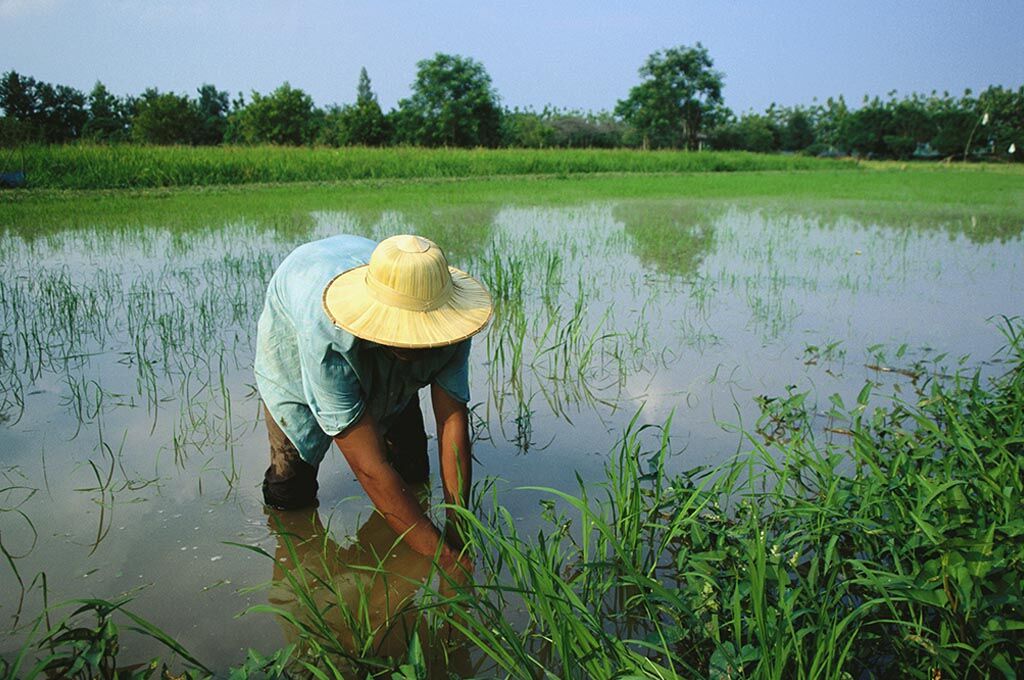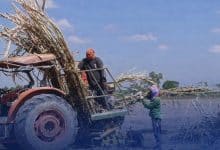Melioidosis outbreak in Thailand claims ten lives, farmers urged caution

An alarming outbreak of melioidosis, also known as Whitmore’s disease, has emerged in Thailand, claiming the lives of approximately 10 farmers in Buriram, Nakhon Ratchasima, and Songkhla.
Thailand’s Department of Disease Control (DDC) is warning farmers about the disease, triggered by the fungus Burkholderia pseudomallei, typically found in contaminated soil, water, rice paddies, and cropping farms. The spring outbreak has stirred anxiety among medical offices across the nation.
Chief of the DDC Office 9, Dr Taweesak Wisanuyothin, disclosed that 582 cases of the illness have been identified this year in four lower northeastern provinces under the office’s jurisdiction. These provinces include Buriram with 336 cases, Nakhon Ratchasima with 93, Surin with 106, and Chaiyaphum with 47. Tragically, six individuals, four from Buriram and two from Nakhon Ratchasima succumbed to the disease.
Dr Taweesak noted that among those infected, 53.78% were farmers, 25.88% were employees, and 6.87% were children. The majority of patients were at least 65 years old, while others fell into the 55 to 64 and 45 to 54 age brackets, reported Bangkok Post.
In Songkhla, Dr Decha Sae-Lee, director of Thepha Hospital, reported that five out of the seven identified melioidosis cases have resulted in death since April, marking the highest death toll among the lower southern region provinces.
Four of the victims had a history of diabetes. This is the first time in recent years that the disease has led to fatalities, he said. Normally, the region records around two cases annually, but without any deaths.
The Centres for Disease Control (CDC) states that melioidosis can spread to both humans and animals through direct contact with a contaminated source.
Dr Taweesak explained that humans can contract the disease by touching or ingesting contaminated soil and water, or even by inhaling the fungus. Symptoms, which include high fevers, abscesses, and respiratory infections, can appear one to 21 days post-exposure, depending on the body’s antibody levels.
Dr Taweesak urged people, particularly farmers, to exercise caution by avoiding wading through water or mud. He recommended wearing boots and plastic shoe protectors and consuming only fully sterilised water.
He stressed the importance of seeking immediate medical attention if sudden symptoms arise and suggested calling the CDC hotline at 1422 for additional information.
Latest Thailand News
Follow The Thaiger on Google News:


























